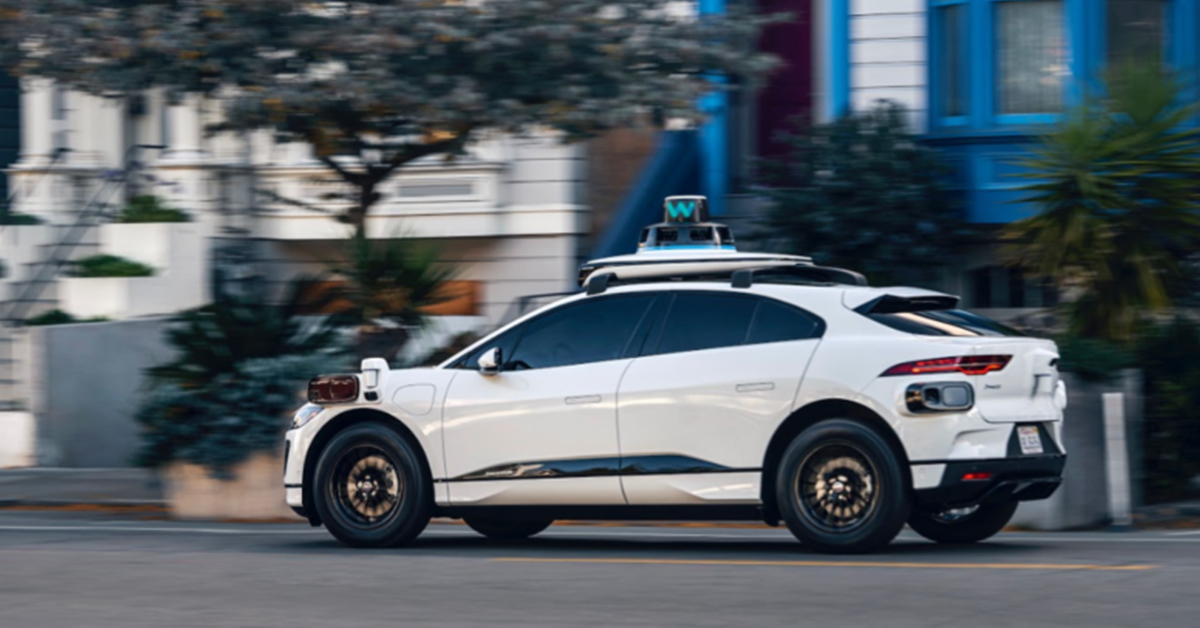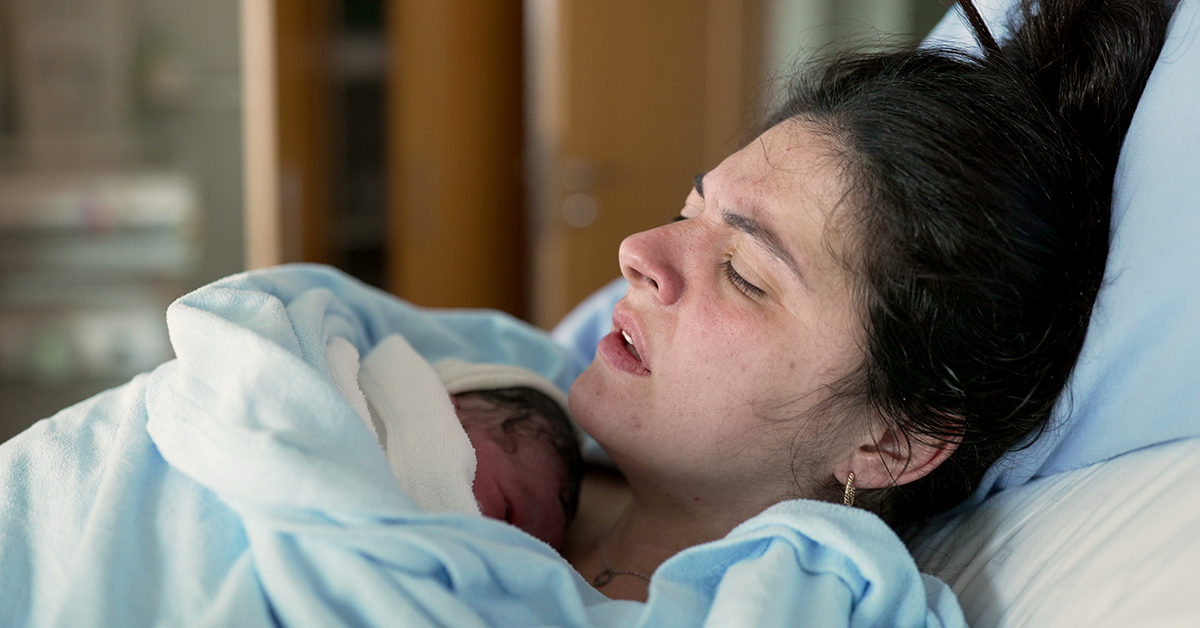Although Uber abandoned its attempt to offer customers rides via self-driving cars a couple of years ago, industry experts still generally predict that once autonomous vehicles are more reliable and available, one of their most prevalent uses will be to offer essentially the same services that companies like Uber and Lyft offer, providing convenient transportation options to those who don’t have access to their own vehicles. In fact, these types of services already exist in rudimentary forms, such as Waymo, which currently operates in parts of Arizona.
This has triggered certain questions among both the general public and lawmakers. For instance, what are the legal ramifications if a self-driving car strikes a pedestrian?
The day when you are at risk of being struck by an autonomous vehicle while navigating Massachusetts’ roads as a pedestrian may seem far off, but it could be closer than you think.
Who Pays When a Self-Driving Car Strikes a Pedestrian?
If you are struck by an autonomous vehicle as a pedestrian in Massachusetts, you will be able to pursue compensation for your medical bills and other such losses. It is most likely that you will do so by filing a claim to collect from the insurance of the company that owns and operates the vehicle which struck you.
This is similar to how you would respond if you were struck by an Uber or Lyft. If you’re a pedestrian and you’re struck by someone driving for their own personal reasons, you would typically file a claim to collect from that driver’s insurance. However, except in certain specific circumstances, if you’re hit by an Uber or Lyft in Massachusetts, you will likely file a claim to collect from the insurance of the company, and not necessarily the actual driver of the vehicle.
The same principle will almost certainly apply to autonomous vehicles. Just be aware that filing a claim will not guarantee an automatic payout. The insurers of large ride-sharing companies are not inclined to lose money when they can avoid doing so. As such, they will often look for reasons to avoid paying you the compensation you may be eligible for.
Perhaps they will argue that you were injured as a result of your own negligence. For example, they might claim you tried to cross the road in front of a self-driving car when it was too close to stop and avoid hitting you. Proving the insurance company’s version of events is inaccurate may be uniquely difficult in these circumstances. The company could argue that a self-driving car is not prone to human error, and thus would have only struck you if doing so was unavoidable.
This does not mean you can’t win your case if a self-driving car hits you someday in the future. It means you need to optimize your chances of recovering the compensation to which you may be entitled by enlisting the help of skilled legal experts.
The day when you are at risk of being struck by an autonomous vehicle while navigating Massachusetts’ roads as a pedestrian may seem far off, but it could be closer than you think. Regardless, it’s still possible to be harmed as a pedestrian by human drivers right now. If this ever happens to you, schedule a free consultation with Swartz & Swartz by calling our offices at (617) 742-1900 or contacting us online. We will work hard to optimize your chances of recovering the compensation you may deserve.
Need Help?
If you or someone you know, needs help from a lawyer, contact the law offices of Swartz & Swartz, use our live chat, or send us a message using the form below and we’ll get in touch to assess your case and how we can help.
Keep Reading
Want more? Here are some other blog posts you might be interested in.




